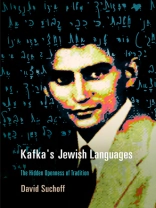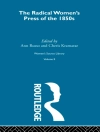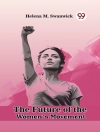After Franz Kafka died in 1924, his novels and short stories were published in ways that downplayed both their author’s roots in Prague and his engagement with Jewish tradition and language, so as to secure their place in the German literary canon. Now, nearly a century after Kafka began to create his fictions, Germany, Israel, and the Czech Republic lay claim to his legacy. Kafka’s Jewish Languages brings Kafka’s stature as a specifically Jewish writer into focus.
David Suchoff explores the Yiddish and modern Hebrew that inspired Kafka’s vision of tradition. Citing the Jewish sources crucial to the development of Kafka’s style, the book demonstrates the intimate relationship between the author’s Jewish modes of expression and the larger literary significance of his works. Suchoff shows how ‘The Judgment’ evokes Yiddish as a language of comic curse and examines how Yiddish, African American, and culturally Zionist voices appear in the unfinished novel, Amerika. In his reading of The Trial, Suchoff highlights the black humor Kafka learned from the Yiddish theater, and he interprets The Castle in light of Kafka’s involvement with the renewal of the Hebrew language. Finally, he uncovers the Yiddish and Hebrew meanings behind Kafka’s ‘Josephine the Singer, or the Mouse-Folk’ and considers the recent legal case in Tel Aviv over the possession of Kafka’s missing manuscripts as a parable of the transnational meanings of his writing.
Inhoudsopgave
Introduction: Kafka’s Jewish Voice
Chapter 1. Cold War Kafka and Beyond: The Return of Jewish Languages
Chapter 2. The Breakthrough to Jewish Languages: ‘The Judgment’
Chapter 3. Hebrews in New York: Amerika, or The Man Who Disappeared
Chapter 4. Kabbalah and Comedy: The Trial and the Heretic Tradition
Chapter 5. Open Boundaries: The Castle and the Origins of Modern Hebrew
Afterword: The Puzzle of National Traditions, or the Art of Nut-Cracking
Notes
Index
Acknowledgments
Over de auteur
David Suchoff is Professor of English at Colby College.












